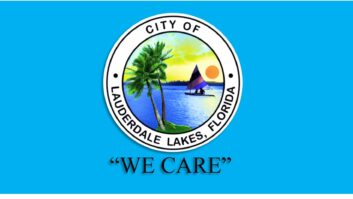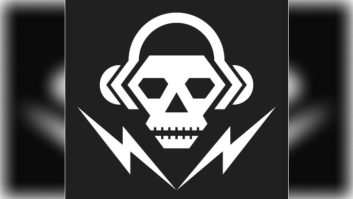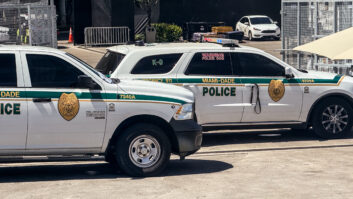Three rulings from the FCC deal with separate cases of illegal use of spectrum.
In a pirate case in Florida, the commission has agreed to a dramatic reduction in fine, from $15,000 to $300. The fine is against Fritzner Lindor, for operating on 94.7 in Orange Park, Fla. As RW reported earlier, Tampa office agents had traced an unauthorized signal to his home. During the inspection, the commission said, he admitted he bought a transmitter and operated the station without a license. Involved in broadcasting for 19 years, he knew his actions violated the Communications Act, according to the agency.
In an appeal, Lindor told the FCC he committed the violation but denied that he’d “used the radio knowing that it was illegal.” He also said he could not afford the $15,000 fine. The FCC rejected the first argument but reduced the fine based on his financial documentation.
Separately, an unlicensed transmitter on 88.5 MHz in Puerto Rico has led to a proposed $15,000 fine. The FCC issued a notice of apparent liability against Eleuterio Lebron for the station in Guayama.
Agents responded to a complaint in June and used direction-finding gear to isolate the signal from a building in Guayama. On a subsequent visit, the operator of the station telephoned Lebron, who confirmed that he was the station owner, according to the FCC, and instructed the operator to take the station off the air.
And the Enforcement Bureau has upheld a $17,000 fine against amateur radio operator David Perka (KA3PRB) for operating without a license in the Maritime Radio Service and “maliciously interfering” with the U.S. Coast Guard in Annapolis, Md., on Marine Channel 16 (156.800 MHz), the International Distress, Safety and Calling Channel.
That case dates to 2008. Perka had appealed, citing inability to pay. He submitted a state unemployment check but when the Enforcement Bureau staff asked for more documentation, he didn’t reply, the FCC stated.







